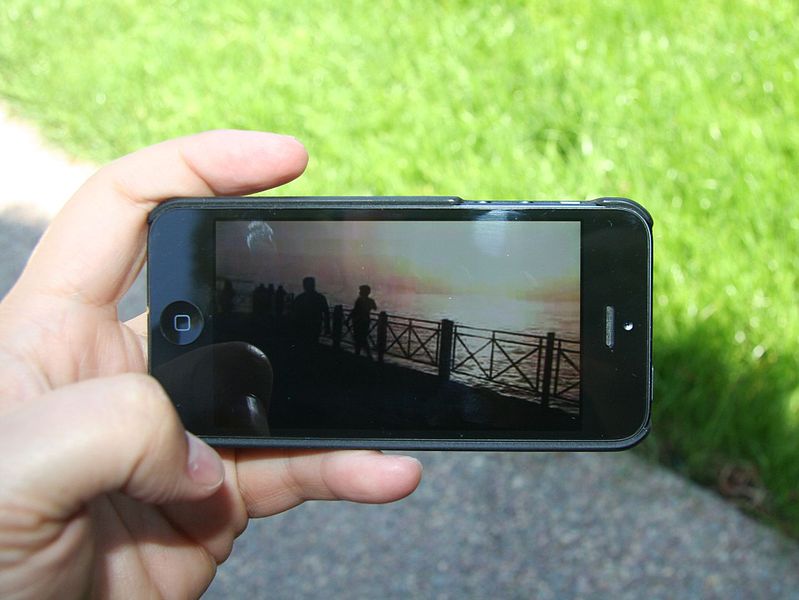Author: Jim Jennewein, Chair, Screenwriting Department, New York Film Academy Los Angeles

What are the two top industry trends that most affect the lives and careers of screenwriters today? The new dynamics of television and the ever-changing landscape of new media.
In short, digital has rewritten the rules.
In the past five years, mostly thanks to the popularity of new web-based digital media platforms, there has been a marked increase in those buying new original content. Now, in addition to all the old traditional broadcast television networks and the pay cable and basic cable networks, the streaming platforms like Hulu, Amazon and Netflix are buying original series as well—a change that bodes well for writers. Not only are these streaming services finding critical and ratings success with these shows, the series themselves are redefining the way people watch—and emotionally engage—with series television. Some even say that the Emmy-winning success of Netflix’s flagship hit House of Cards, with Kevin Spacey and Robin Wright, marks the end of so-called “appointment television” itself.
SVOD—streaming video on-demand—is finally here and finally changing our viewing habits in a big way. Watching what you want, when you want, and where you want! That’s the mantra that consumers of filmed entertainment are chanting now, and the big entertainment conglomerates are listening. And it’s not only viewing habits that are changing—there is real evidence that what viewers expect from storytellers is changing too.
Weaned on the trailblazing hit shows of pay-cablers HBO and Showtime, television viewers have long since shown a real appetite for subscription-based ad-free television. Now, with the advent of instant downloads and binge-viewing, viewers are consuming television differently than ever before, and showing more interest in—and a growing demand for—a far more diverse range of television fare. Limited-run series (Sherlock on BBC America). Quirky single-camera half-hour comedies (Louie on FX). Open-ended procedurals with serialized story arcs that span a whole season (AMC’s The Killing). Series driven more by character than by plot (HBO’s Girls). While the movie business still seems allergic to investing in period pieces, television seems to embrace them wholeheartedly. Think Deadwood, Boardwalk Empire, Rome, Copper, Downton Abbey, Mr. Selfridge. For writers, this new openness to a wider variety of stories—and the worlds the stories are rooted in—spells a new kind of storytelling freedom, the chance to explore subjects and time periods previously untouched.
So if you have a world that fascinates you—a period of history, a curious subculture, a character—jump in and start writing. There’s never been a better time to be a television writer—even if viewers watch your show on a laptop, tablet or a mobile device! (Where once it was a limited window of a few short months, the buying of television pilot scripts is now a year-round business, too. Another good thing for writers.)
And now after you write it, you don’t even need a network to say yes. You can shoot it, edit it and distribute it yourself by posting it online—either on YouTube or Vimeo or a whole host of other user-generated video sites—building your own fan base in the process (and possibly leveraging that into real ad revenue). Whether it’s a traditional length movie or your own web series, the digital revolution has put the means of production in the creative person’s hands like never before. In the past year alone, several projects that began as cheaply-produced web series have been picked up by various TV networks and found their way to television.
Even if you are a writer of movies and have no interest in television per se, the new digital technology and the digital distribution platforms create opportunities for writers to produce and direct their own films and sell them straight to these SVOD services.
Content is king, as they say, and no one can create content like writers can. The New York Film Academy Screenwriting Department believes in empowering writers with all the tools of craft and the practical skills necessary to master storytelling—in television, film and new media—and fulfill their vision as creative artists.
